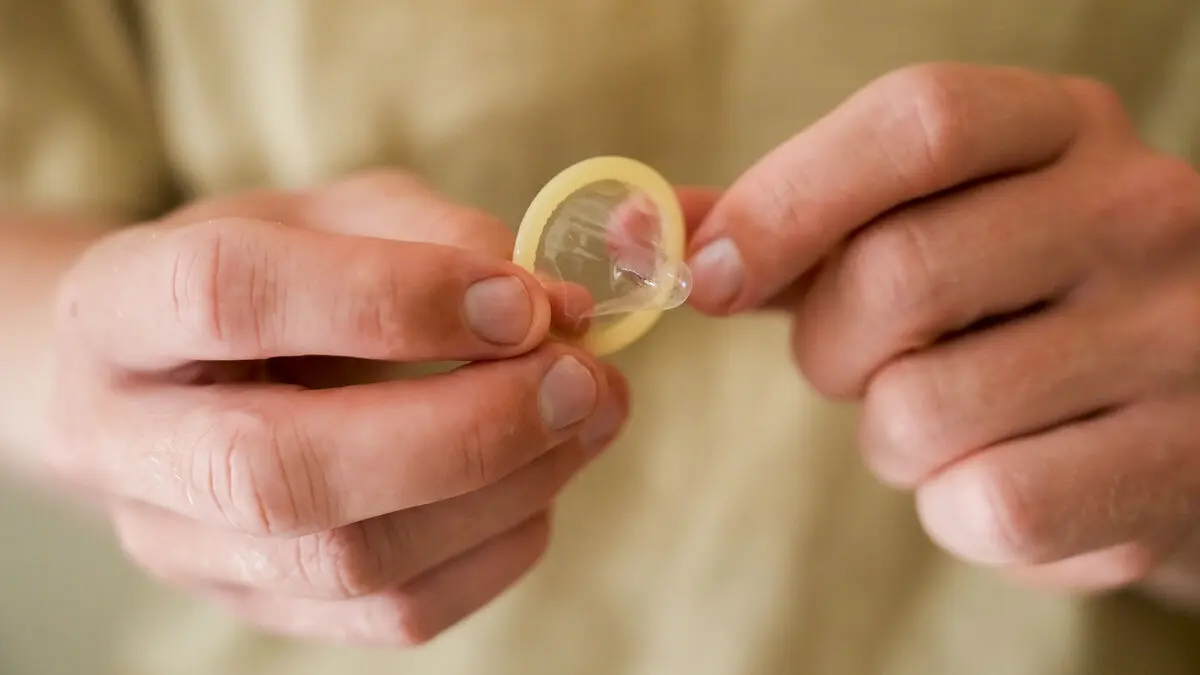Hundreds of thousands of Serbs have taken to the streets since November in a student-led protest wave against corruption and misrule. President Vucic has in turn dismissed them as a threat to peace and financed by foreign intelligence services.
In an attempt to demonstrate strength, he is organizing his own manifestation in the capital Belgrade over the weekend.
On Friday, Vucic and several other ministers joined supporters who carried a 200-meter-long Serbian flag through the city. On Saturday, thousands of people walked through central Belgrade, along stalls offering free food and drinks.
On Saturday evening, Vucic addressed the supporters.
If they hadn't done this to our country, we would have been the fastest-growing economy in Europe this year, he says, reports the Serbian newspaper Danas.
Their color revolution is over, he continues.
"Celebrate the victory of love"
Among Saturday's other speakers, the Bosnian Serb president Milorad Dodik stands out. He is internationally wanted after deciding that Bosnia-Herzegovina's federal police and judiciary no longer have the right to exercise power in his part of the country.
Dodik praised Vucic and emphasized that the president is the only one who can maintain a "strong Serbia".
From several parts of the country, local authorities have organized transportation for the president's supporters to the capital.
I am here to celebrate the victory of love and friendship, says Jadranka Milic to AFP.
Counter-demonstration
In Novi Pazar, 300 kilometers south of Belgrad, thousands of people demonstrated against the government on Saturday.
The triggering factor behind the protest wave – the roof collapse at the newly renovated train station in Novi Sad in northern Serbia in November, which killed 16 people – became for many a too clear illustration of a corrupt state apparatus.
In March, the protests culminated in what was described as the largest demonstration in the country in several decades. Then, the authorities were accused of illegally using a sound cannon – which can cause burst eardrums and permanent hearing damage – against peaceful demonstrators.
A sound cannon was present, but according to the police, it was never used.
On November 1, 2024, in the midst of rush hour, a 48-meter-long concrete roof collapsed at the train station in Novi Sad in northern Serbia.
16 people died, including a six-year-old child.
The train station was built in 1964 and had been renovated between 2021 and 2024, just before the collapse. The accident is still under investigation.
Shortly after the tragedy, demonstrators began gathering in Novi Sad. The protests spread quickly across Serbia, driven by widespread discontent with the government. The demonstrators accuse President Aleksandar Vucic's government of, among other things, misrule, corruption, media censorship, and lax building regulations.
In late December, 13 people, including the country's former transport minister Goran Vesic, were charged in connection with the Novi Sad accident. Vesic announced his resignation shortly afterwards.
In late January, Prime Minister Milos Vucevic, who is largely subordinate to President Vucic, also announced his resignation. However, it has not yet occurred, as the resignation has not been processed by parliament.






